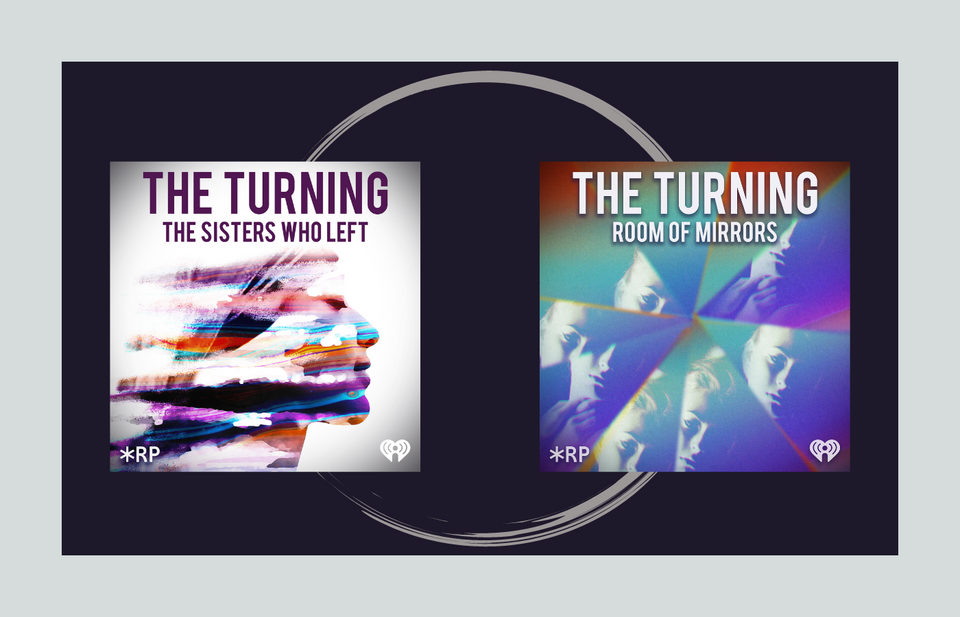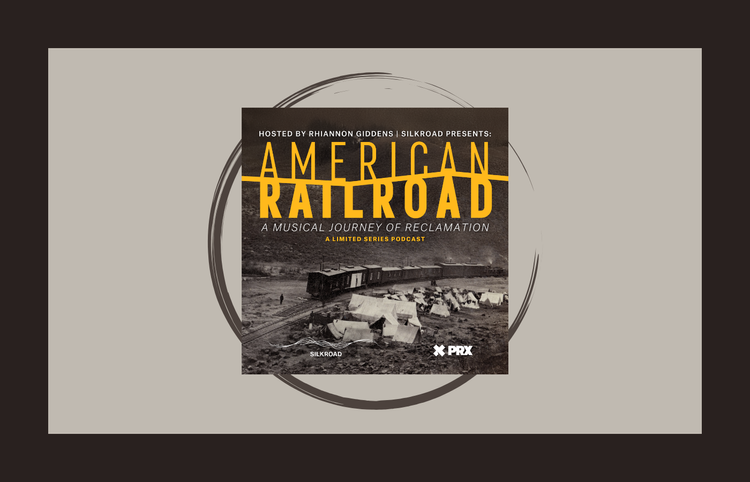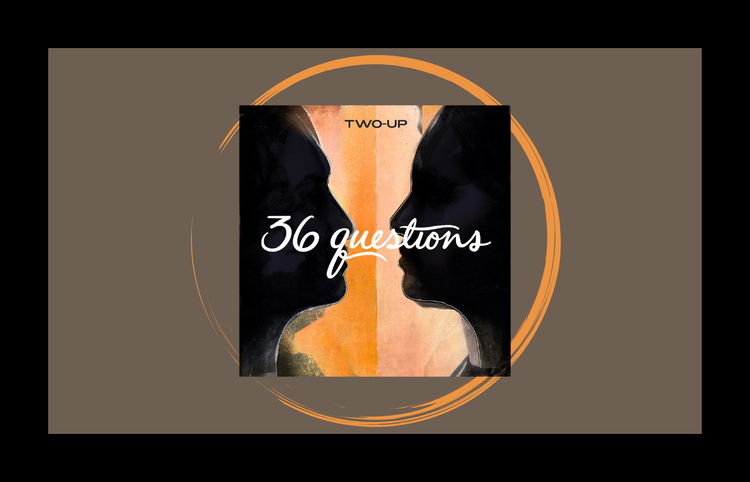Review: The Turning

Hi friends! This is a long one because I accidentally ended up reviewing two seasons in one. Whoops. I hope you enjoy!
I will be the first person to say I don’t understand dance. You might ask “Keelin, how do you not understand dance?”
I have seen so much dance in my field of work, and yet the only thing I can follow is a traditional ballet with a score and a story that I either already know or is conveniently located in a playbill. That isn’t to say I don’t appreciate dance. I do. I find myself enjoying small scenes of modern dance rather than whole pieces. I am downright envious of the athletic prowess of any dancer. There is nothing but admiration for the hard work of these artist-athletes.
I just don’t understand dance, but I am around it a lot. So when announcements started coming around for The Turning: Room of Mirrors I was very curious. I went to the beginning of the feed, and not paying attention ( I apologize, I was prepared for a cleaning marathon) - I started learning about the one and only Mother Theresa.
Apparently, I do not only not understand dance, but I also do not understand how podcast feeds work. Honestly, in the words of Bob Ross, this was a happy accident. I was floored by this podcast as a whole, and before I knew it was absolutely invested.
On the other side of this personal context: I was raised with a smattering of Christianity and therefore the whole concept of Mother Theresa was mostly “I guess she’s a saint?”.
I chugged along with The Turning, despite the fact that I did not immediately achieve my initial goal of impressing the ballet people I work with. Instead, I found myself twisting, tumbling, and turning through the world of the Sisters of Charity, of Mother Theresa of Calcutta, and a brilliantly produced podcast. Season two takes us into the world of professional ballet, looking into the American Ballet and George Balanchine, he who spurred ballet into its modern form.
From Rococo Punch and iHeart, our host Erika Lantz and our producer Elin Lantz Lesser take us on two incredible journeys through each season of this podcast. Season one is ten regular season episodes sitting around an hour each, with a few shorter bonus pieces built in. Season two is still ongoing, having recently released episode eight, and sits roughly the same: an hour for each episode. I almost wish I had let season two back up more so I could get it all in one go, but on the other hand, it's so captivating that I keep an eye out for it during the week.*
It appears that The Turning sits in the same feed but is viewed as two separate podcasts. Honestly, I’m not sure so here we are. The overall flow and structure of each take you along a similar emotional journey and the team is very much the same so I’m referring to them as seasons one and two. With season two, Room of Mirrors I felt like I could’ve jumped in at episode 6 or so without the first chunk of season because of my awareness of current ballet culture. In season one, The Sisters Who Left I couldn’t have jumped in. These are meant to be full pieces, with winding journeys.
The seasons tell stories through contextual narrative and interviews. People who study the subjects, and those who worked directly with the subjects. Interviewees range from former Sisters of Charity, and former ballet dancers, to experts on cults and dance historians. There is a constant give and take to each of these stories, and The Turning really seems to emphasize the different facets of humanity. The Sisters of Charity have a darker side than they try to lead, and ballet has a very dark side that is the result of a lot of history and a number of personalities. Religion, art, and humanity all feed into one another like a Mobius strip to create culture. You can not have one without the others, and this podcast does a great job of emphasizing the greatness and failings of its subjects.
My favorite thing about this podcast is how smooth it is. When double checking spellings for the producing team, Erika’s byline on Rococo Punch’s website states that she aims for “musicality” in her work- and this is a beautiful way to describe this narrative reporting. Each season almost feels like the movements of a symphony with careful highs and lows. While you can always jump in at the third movement of a symphony - the full emotional journey of a contextualized piece is what makes it staggering instead of entertaining, or in this case informative. This is true for this podcast. If you have more of an understanding of Mother Theresa and The Sisters of Charity you may have been able to pop in later, as I could have with the later episodes on ballet. However, these podcasts weren’t built for that. They have a ground-up plan that gives you everything you need to understand what is happening.
Each of these seasons lays out its emotional journey carefully, providing context and each “side” of an argument. The truth is, The Sisters of Charity and the world of ballet aren’t everything they seem. The team for The Turning takes care of its audience, content warnings are carefully crafted as the story takes on the harmful side of each of these entities. These stories aren’t to be tackled lightly, this isn’t a podcast that I would recommend stumbling upon if you do not have tools to handle topics related to self-harm, eating disorders, and more.
The personal touch that Erika and Elin give to this podcast is the touch these topics need. With season one, it was being raised catholic. In season two, it’s the fact that Erika was a serious ballet dancer herself. The personal aspect of these podcasts rounds out the image fully. These aren’t just reporters, these are people who have had some real-life connection to these entities.
Overall, The Turning is a journey. Each episode leaves you feeling somewhat dissatisfied and disillusioned with reality, which I honestly find to be a good thing. It’s wrapped in a beautiful, and caring package of a podcast. We’re taken through this with care and respect for the subjects, rather than a vindictive or seeking spirit looking to break things down. Sometimes it’s not about destroying the whole of what’s wrong, it’s about recognizing the parts of something that are harmful, to make the whole better.
Listen to The Turning The Sisters Who Left Here
Listen to The Turning Room of Mirrors Here
Thanks for reading this long one. If you read the recent Monthly Magpie and you responded, I didn’t get the email because something was broken on the back end. It has since been fixed! If you have thoughts on what I’m doing here, you can send me an email found on the contact page.
Thank you to Erik Jones for letting me know. You are a star.
You can read Erik’s work, and see some of his art at Hurt Your Brain. Link Here
* I do a lot of my listening in big weekend chunks so that I can try to have a social life.




Comments ()